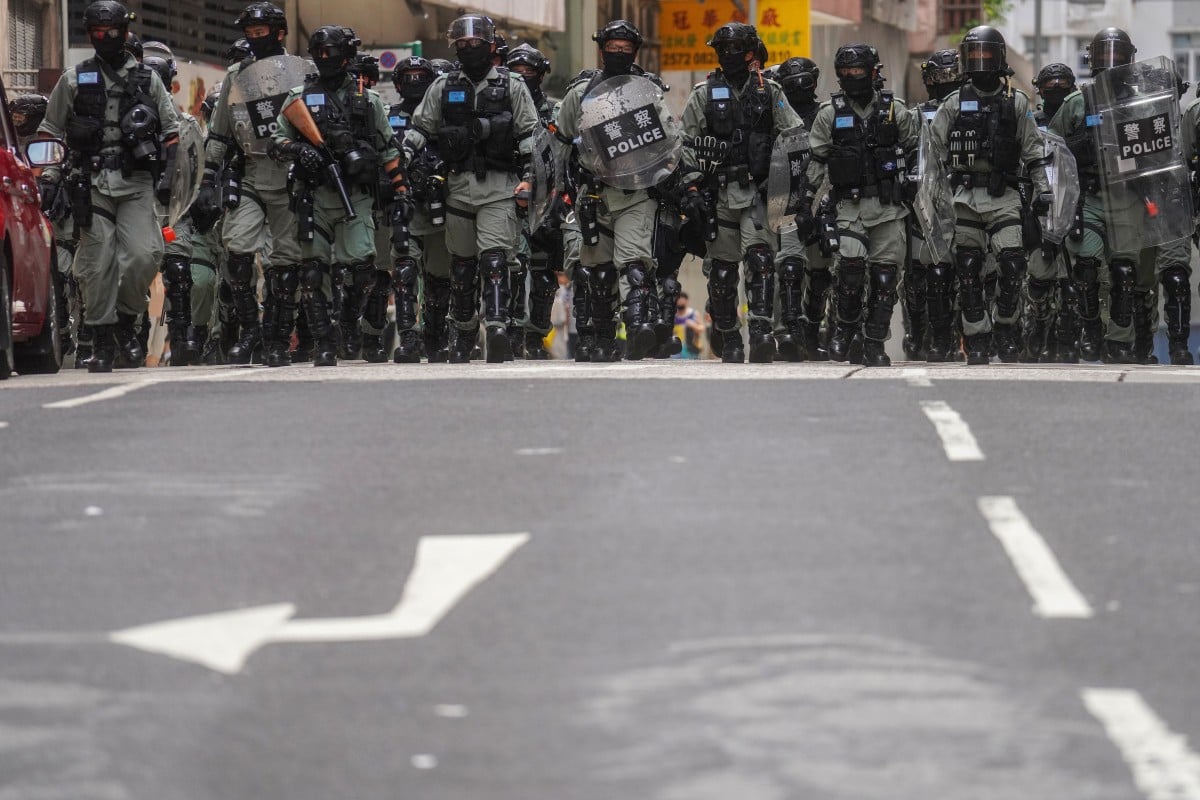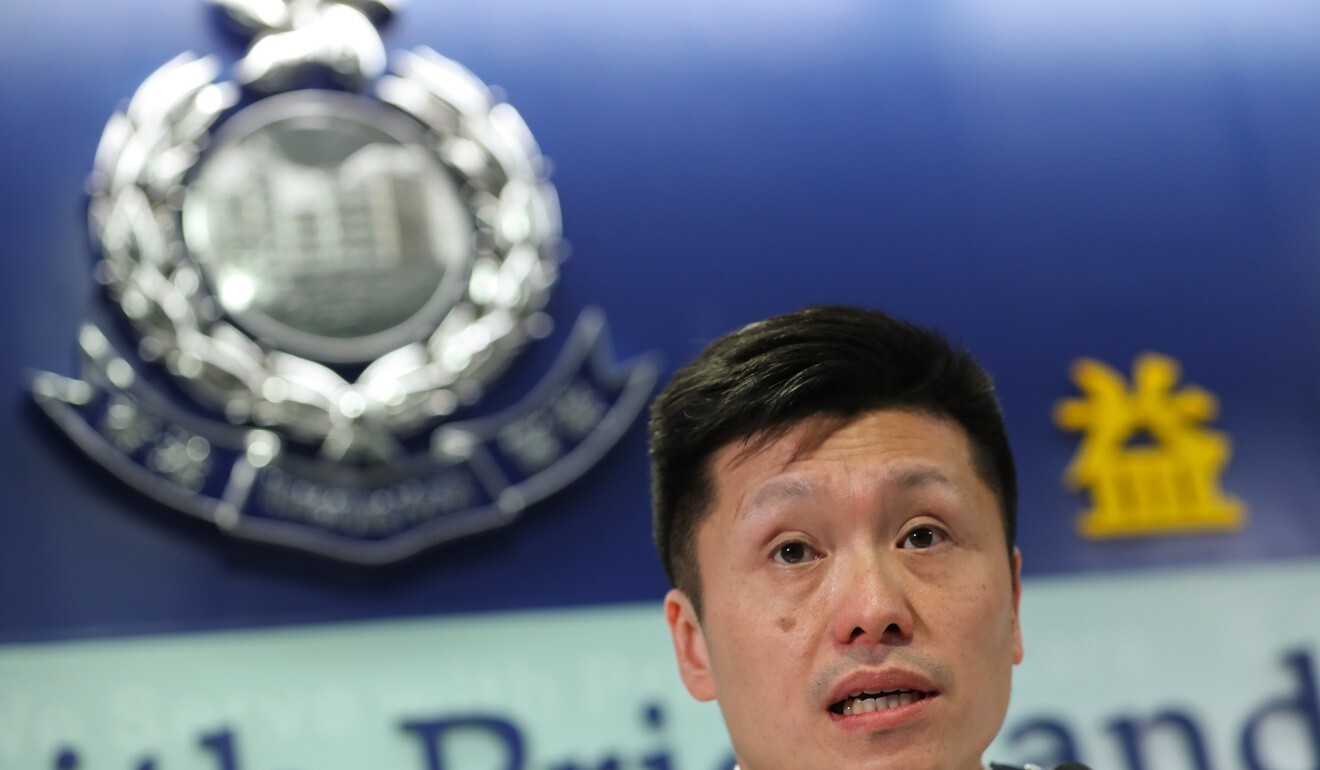
Kathmandu, Aug 18
- The coronavirus pandemic was cited as a reason for the suspension, but the British also pointedly mentioned the city’s new national security law
- The move follows the suspension of a similar programme with the US last month

Amid worsening relations between Britain and Beijing following the imposition of the national security law on Hong Kong, the city’s police force will no longer be sending its former public relations chief and other officers to Britain for an extended training programme.The force stressed that the decision was based on the ongoing coronavirus outbreak, which the British also cited, though the UK’s announcement confirming the suspension earlier this week also pointedly mentioned the security law, adding that whether the programme would continue in the future would be subject to review.
A Hong Kong police source said on Sunday that John Tse Chun-chung, formerly chief superintendent of the police’s public relations branch during the city’s months of social unrest last year, had been expected to undergo a one-year training programme in Britain from next month.

TsangTse was the face of the police as the city was rocked by the months-long protest movement that erupted in June last year in opposition to a now-withdrawn extradition bill. For months, Tse had come under heavy criticism from the protesters and their supporters for the police’s handling of the demonstrations.
Earlier this year, however, he was transferred to become the commander of Kwai Tsing district.
A police spokesman declined to comment on training arrangements for individual officers, but stressed that it was the Hong Kong police who decided to suspend sending its officers to mainland China and overseas for training because of coronavirus concerns.
While the purpose of such overseas training was to broaden officers’ horizons and to engage them in exchanges about their experiences, the future of the programmes will be subject to review, the spokesman added.
Earlier this week, The Observer quoted Britain’s Ministry of Defence in saying that, because of the Covid-19 outbreak, “all training with personnel from Hong Kong has been paused,” and that the programmes “will be re-evaluated when restrictions are lifted”.
The ministry added that the British government had been clear that the sweeping new national security law imposed on Hong Kong constituted a breach of the Sino-British Joint Declaration, directly threatening the rights and freedom of the people in Hong Kong.
The British government had also previously agreed to allow all 3 million eligible British National (Overseas) passport holders and their dependents to relocate to Britain in light of the law, drawing an angry response from Beijing.
Hong Kong was a British colony for 150 years until it was returned to China in 1997 under the agreement that it would continue to enjoy a high degree of autonomy.
Last month, the US government similarly put an end to years of trainings for members of the Hong Kong police and other local security services at the Department of State’s International Law Enforcement Academy.
Senior Hong Kong officers, however, insisted that the end of the US programme was a “non-issue”, as the US was not the city’s only partner.
The Hong Kong police have only sent about 604 officers for trainings overseas in the past five years, and it had been almost a year since any officer was sent to the US.
According to a document obtained from the Hong Kong Police College, selected officers with ranks of senior superintendent or above have the option of attending overseas courses at the Lee Kuan Yew School of Public Policy in Singapore, the Institut Europeen d’Administration des Affaires in France, the Royal College of Defence Studies in Britain, as well as Stanford’s Graduate School of Business and the John F Kennedy School of Government at Harvard University in the US.


Comment